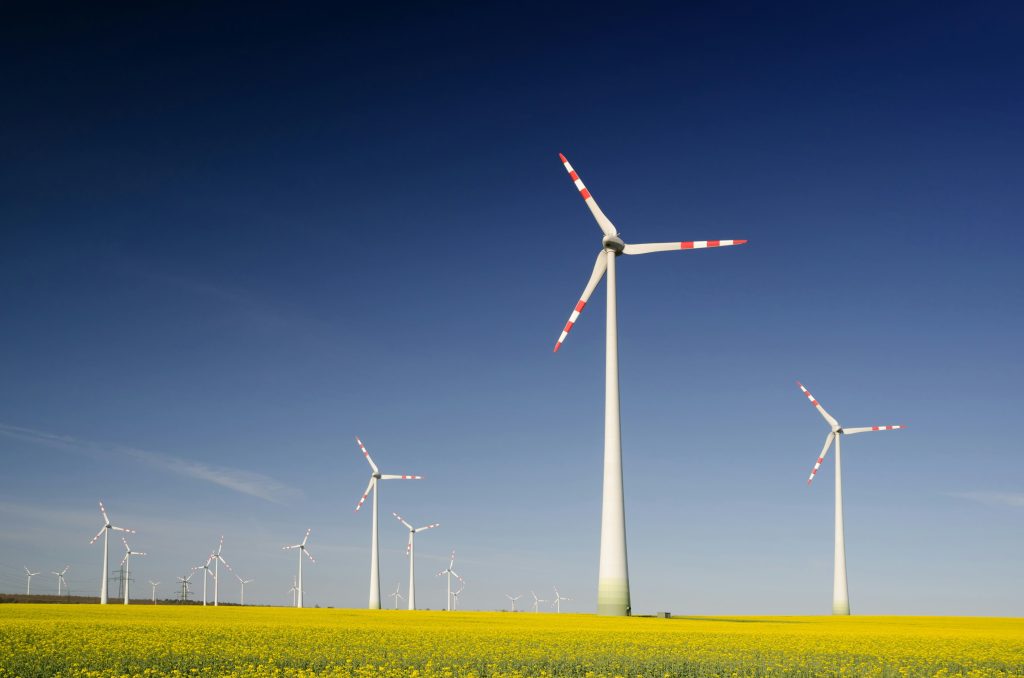Biofuels: An Emerging Threat to Europe’s Food Security?

The choice of biofuels is for agriculture something of a gamble both in terms of the earnings it promises and the risks it represents. The gamble is so tempting that biofuels are seen in some quarters as a panacea: from the farmers’ point of view, they add to their outlets, hold the key to more profitable markets; from the public authorities’ point of view, farmers’ income, improved thanks to biofuels, would ipso facto make less pressing calls on public funding for farming. But conversion to energy crops also causes major upheavals on the agricultural markets: the hitching of agricultural prices to the very volatile prices of fossil fuels fosters instability on the market and raises the crucial question of its impacts on food security. The production of biofuels continues to remain contentious in respect of its impact on the environment. Thus the Union is faced with a decisive and difficult choice: should it encourage – including financially – the conversion of part of its arable surface to energy crops?
The ambition of Notre Europe‘s CAP 2013 project looks to reviewing the context analysis on which the Common Agricultural Policy was built in 1957, prior to exploring avenues towards reform. For the parameters and the issues driving post-war farming are not the same as today’s, let alone those post 2013, that is the Medium-term financial outlook of the European Union. Now, biofuels are part and parcel of the new deal which underwrites the future of farming.
The biofuels gamble is indeed tempting for the Europeans. World prices, boosted by the increased non-food demand (particularly on the sugar, oilseeds and cereals markets), would enable the CAP to bring down customs duties or aids without causing land abandonment. Trying its luck with the biofuels would also enable the Union to afford a fair standard of living for its farming community. The biofuels option would, incidentally, make claims on CAP aids to stimulate the conversion of fallow or food growing land. It would finally suppose that the public authorities set up programmes for the compulsory incorporation of biofuels in petrol and gas oil.
Taking on the study of the biofuels’ bearing on agricultural markets, Notre Europe goes straight to the nub of the CAP project’s aim: grasping a new parameter, the impact of which will have far reaching effects on farming in the future. Beyond the way it will affect farm prices, farmers’ income or even the environment, the development of biofuels carries the seeds of change in the very nature of farming, the purpose of which would no longer be to feed people but to produce energy. The clash – and it can be a head on clash – between these two missions poses the crucial question about biofuels: do they jeopardise food security? Joseph Schmidhuber, senior economist with the FAO tackles the question and shows, all the while eschewing simplistic contentions, that the answer requires a deal of nuances and precisions.




